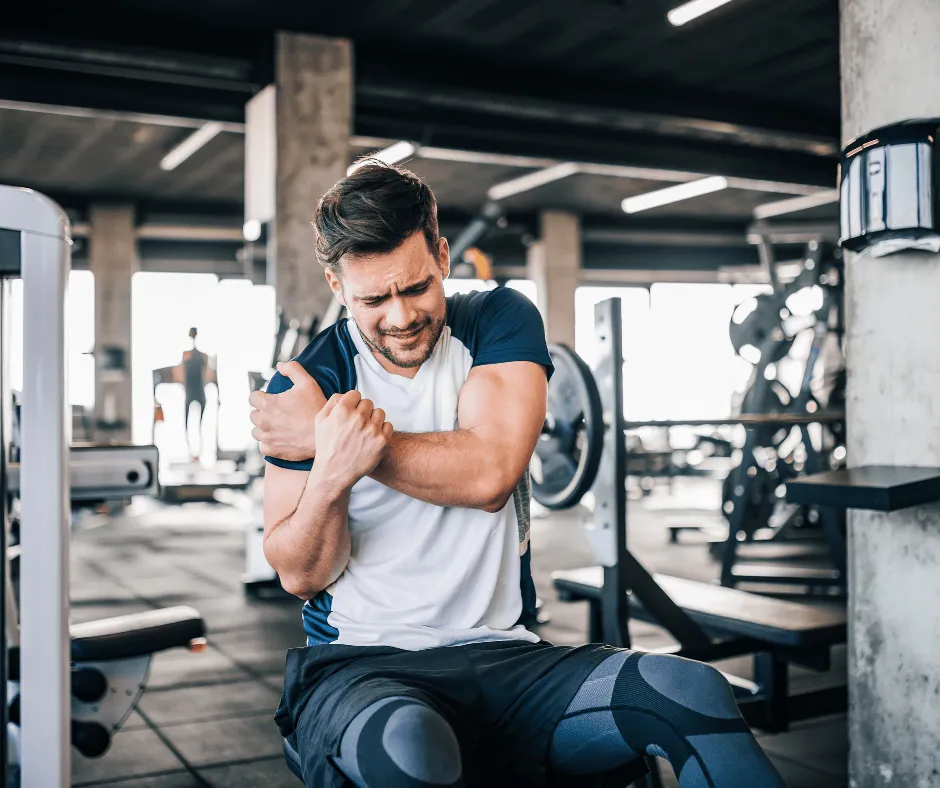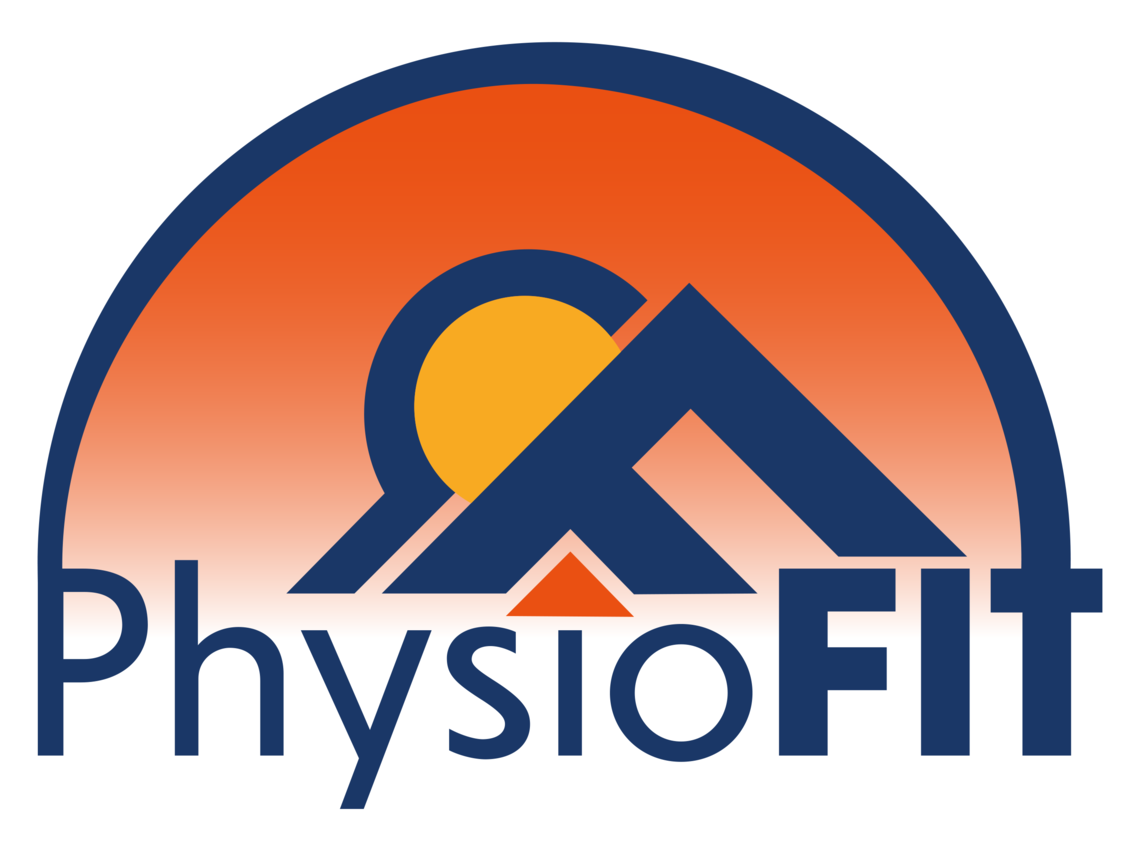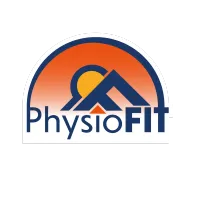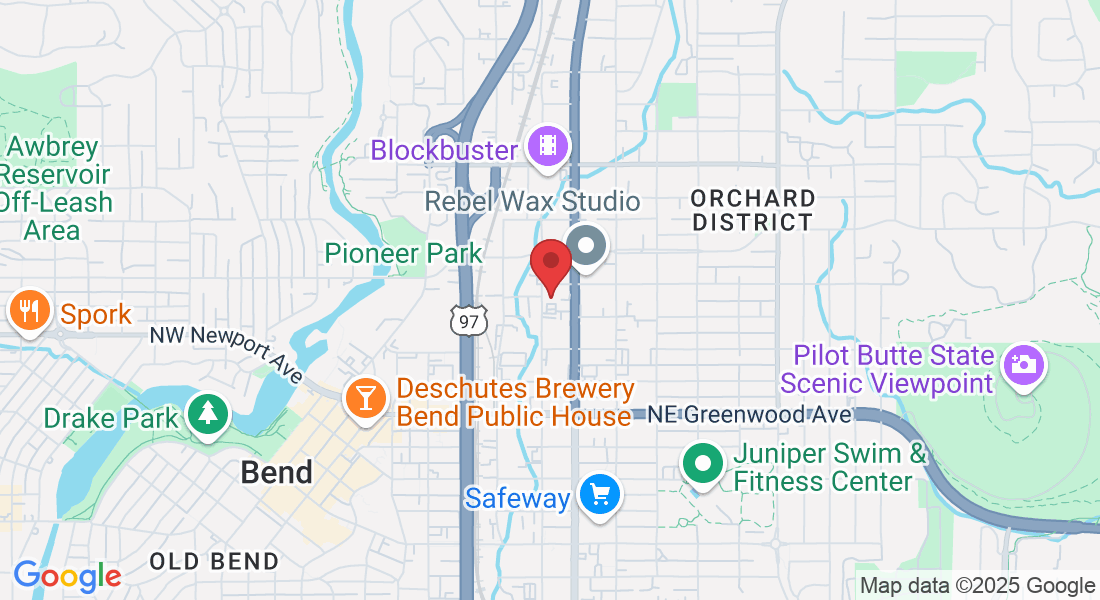PhysioFITNESS
Fitness Injuries: Recover & Recondition With Physical Therapy
Unlock Your Athletic Potential with Effective Rehabilitation for Fitness & Sports Injuries: At PhysioFIT, we understand the frustration and setbacks that sports injuries can cause, impacting athletes' seasons, games, and even their careers. Whether you're an athlete, a fitness enthusiast, doing Crossfit, or just someone who enjoys staying active, our dedicated team of physical therapists is here to provide expert care and help you recover from injuries, regain strength, manage pain, and prevent future problems. Don't let injuries hold you back—schedule an appointment today and take the first step toward getting back in the game.
What You Should Know
According to the National Institutes of Health, the prevalent types of fitness injuries most often include:
Knee Injuries & Sprains
Shin Splints & Strains
Swollen Muscles, Fractures, & Dislocations
A proper diagnosis of a fitness or sports injury involves a thorough evaluation from a professional.

What are the Most Common Ways Athletes Get Hurt?
Depending on the nature of the sports activities in which athletes participate, they may face the possibility of encountering different types of injuries. The human body is subjected to unique stresses and demands during various sports, making certain injuries more prevalent in specific athletic pursuits.
By understanding the specific injury profiles related to their sports, athletes can implement targeted training strategies, adopt proper techniques, and seek professional guidance to reduce the risk of injury and optimize their performance on the field or court.
Ankle Injuries: Athletes who engage in activities involving frequent running are susceptible to ankle injuries. Rolling or twisting the ankle can lead to strains or tears in the connective tissues.
Pulled Muscles: Overusing tired muscles, especially after prolonged workouts or performances, can cause them to stretch or tear. This commonly occurs in various areas of the legs due to the constant running, jumping, and quick changes of direction required in most sports.
Shin Splints: Extended periods of running can result in inflammation of the muscles and connective tissues surrounding the shin.
Knee Injuries: A sudden twisting or improper bending of the knee can cause ligament sprains.
Tennis Elbow: Officially known as tendinitis, tennis elbow occurs when the muscles and connective tissues around the elbow become inflamed from repetitive use.
Hip Flexor Strain: The hip flexor muscles, located on the upper-front side of the thigh, play a significant role in lifting the knee towards the trunk and assisting in leg movements. Weakness or stiffness in these muscles can be caused by prolonged sitting or poor posture. Sports-related injuries to the hip flexors can occur during activities such as sprinting, running on inclines, and sudden starts and turns.
In addition to joint, muscle, and bone injuries, concussions have become a prominent concern in sports. A concussion is a traumatic head injury that may result in severe headaches, altered levels of alertness, or even loss of consciousness. It can occur when the head is struck by a moving object or hits a solid surface.
Concussions are among the most challenging injuries to manage in sports today, and physical therapy plays a crucial role in the multidisciplinary approach to their diagnosis and treatment.
If any of this information resonates with your current situation, we urge you to schedule an appointment with us immediately. Don't let hip pain diminish your life quality - allow us to help you embark on the path to relief today.
Please Note: The information provided on our website is intended for general education and is not a substitute for professional medical advice. Each individual's situation and body is different. Therefore, what may work for one person may not work for another. We care about your well-being and advise you to reach out to us to discuss your specific needs before implementing any advice from our website.
Client Testimonials
Performance Programming
What is Performance Programming?
At PhysioFIT, our Performance Programming is designed to take your abilities to new heights. Whether you are a seasoned athlete or just occasionally active We offer a comprehensive personal training program that focuses on enhancing your overall physical performance. From beginners to professionals, our customized approach ensures that your training aligns with your specific goals.
Our performance programming, aka performance coaching, encompasses a wide range of exercises that target various aspects of your level of athleticism, including mind-body connection, mobility, stability, strength, endurance, power, speed, agility, and overall performance. Through a very personalized combination of exercises, we aim to improve your strength, endurance, technique, and overall physical performance. Our expert team of personal trainers and physical therapists in Bend will work closely with you to develop a personalized program that caters to your unique body, abilities, and lifestyle.
With our Performance Programming, you can expect to see improvements in your physical performance, reduce the risk of injuries, and enhance your strength and overall mobility. It's not just for elite athletes but also beneficial for individuals of all ages and abilities who want to improve their health, maintain an active lifestyle, and unlock their body's full potential.

The Benefits of Performance Programming
Enhanced Physical Performance: Our Performance Programming is designed to optimize your fitness abilities and take your performance to the next level. Through targeted exercises and specialized training techniques, you can improve your strength, endurance, speed, agility, and overall physical performance.
Injury Prevention: Our program includes exercises that focus on building strength, stability, and proper movement mechanics, which can help reduce the risk of fitness-related injuries. By improving your body's resilience and addressing any muscle imbalances or weaknesses, you can enhance your ability to withstand the physical demands of your lifestyle.
Technique Improvement: Our expert trainers and physical therapists work closely with you to fine-tune your technique and movement patterns. By providing personalized feedback and guidance, we help you optimize your form, maximize efficiency, and improve your overall technique, leading to better performance and reduced risk of injuries.
Tailored to Your Needs: Performance Programming at PhysioFIT is customized to your specific body, abilities, and goals. We take into account your specific lifestyle demands, current fitness level, and any limitations or considerations you may have. This personalized approach ensures that you receive the most effective training plan that is tailored to your unique needs.
Your Source for All Things Physical Therapy in Bend Oregon
The PhysioBlog

Dealing with Achilles Tendonitis: How Physical Therapy Can Help
Understanding Achilles Tendonitis
Please Note: The information provided on our website is intended for general education and is not a substitute for professional medical advice. Each individual's situation and body are different. Therefore, what may work for one person may not work for another. We care about your well-being and advise you to reach out to us to discuss your specific needs before implementing any advice from our website.
Introduction
Achilles Tendonitis, an overuse injury that affects the Achilles tendon, is a common condition among runners and middle-aged people who engage in sports activities like tennis or basketball over the weekends. This band of tissue, which connects the calf muscles at the back of the lower leg to the heel bone, can be significantly impacted by this condition. The role of physical therapy in managing Achilles Tendonitis is crucial, and at PhysioFIT, we emphasize a proactive approach to physical therapy in Bend Oregon. Our focus is on optimizing the body's condition to reduce the risk of injury and enhance the healing process. This article will delve into the causes, symptoms, and preventive measures of Achilles Tendonitis, and how physical therapy can be a game-changer in dealing with this condition. (source: Mayo Clinic)
What is Achilles Tendonitis?
Achilles Tendonitis is caused by repetitive or intense strain on the Achilles tendon. This tendon is used when you walk, run, jump, or push up on your toes. The structure of the Achilles tendon can weaken with age or disuse, making it more susceptible to injury, particularly in people who may participate in sports only on the weekends or who have suddenly increased the intensity of their running programs. Symptoms of Achilles Tendonitis include a mild ache in the back of the leg or above the heel after running or other sports activity. More severe pain may occur after prolonged running, stair climbing, or sprinting. (sources: Healthline, WebMD)
Risk Factors and Prevention of Achilles Tendonitis
Several factors can increase your risk of Achilles Tendonitis, including your sex (it occurs most commonly in men), age (it's more common as you age), physical problems (a naturally flat arch in your foot can put more strain on the Achilles tendon), training choices (running in worn-out shoes can increase your risk), medical conditions (people who have psoriasis or high blood pressure are at higher risk), and certain types of antibiotics. Preventive measures include gradually increasing your activity level, taking it easy, choosing your shoes carefully, stretching daily, strengthening your calf muscles, and cross-training.

Physical Therapy in Bend Oregon at PhysioFIT
At PhysioFIT, we offer a comprehensive range of physical therapy services tailored to the needs of those dealing with Achilles Tendonitis. Our approach is proactive, focusing on injury prevention rather than just treatment. We believe that by optimizing the body's condition, we can help reduce the risk of injury and enhance overall wellness. Our physical therapy services for Achilles Tendonitis include a comprehensive assessment of the individual's physical condition, a personalized training program, and ongoing support and guidance. Our goal is to help individuals achieve their best performance while minimizing their risk of injury. With our proactive approach to physical therapy, we aim to empower individuals to take control of their health and fitness, and to enjoy their activities without the fear of injury.
Physical Therapy for Achilles Tendonitis
Role of Physical Therapy in Managing Achilles Tendonitis
Physical therapy plays a pivotal role in managing Achilles Tendonitis. It aids in restoring mobility that might have been compromised due to the disease, injury, or illness. Physical therapists, or PTs, are licensed professionals who work with individuals that have sustained disabilities, impairments, or limitations in their overall physical function and mobility. These deviations can be the result of disease, injury, or illness. Physical therapists may also work with people to help them prevent injuries.
At PhysioFIT, our physical therapists are well-trained and equipped to provide the necessary care and treatment to help patients regain their independence and normal function. We understand that each patient's condition is unique, and we tailor our treatment plans to meet their specific needs and goals.
Physical Therapy Techniques for Achilles Tendonitis
Approaches to Physical Therapy for Achilles Tendonitis
Achilles Tendonitis can be effectively managed through a variety of physical therapy techniques. These methods aim to aid in the healing process, should only be performed with a physical therapist or trained professional, and can include:
Therapeutic Exercise: As experts in movement, physical therapists primarily use exercise to improve mobility and alleviate discomfort. This involves targeted movements designed to enhance strength and flexibility.
Ultrasound Therapy: This technique involves the use of high or low-frequency sound waves directed towards muscles and surrounding tissues. The sound waves promote relaxation and enhance blood circulation to the injured areas, aiding in recovery.
Electrical Stimulation: This method uses electrical currents to stimulate muscle contractions. These contractions not only strengthen the muscles but also enhance blood flow to the affected area, promoting healing.
Massage Therapy: Also known as soft tissue therapy in physical therapy terms, massage helps to reduce muscle tightness and alleviate pain in the surrounding tendons and ligaments. This aids in achieving pain-free movement.
At PhysioFIT, we employ the necessary techniques and more to assist our patients in recovering from Achilles Tendonitis. Our physical therapists are proficient in applying methods effective in treating the root cause of your problem. Many clinics may apply some of these passive modalities as a piece of their approach to rehab.. Don’t expect to see much of this at PhysioFIT. We want to maximize your time and money by utilizing the most evidence based interventions that will truly get you back to where you want to be. The best medicine, we have found, is movement. This is where we come in. We will help you understand the when, how much and the why of how properly dosed movement is the key.
Physical Therapy at PhysioFIT
At PhysioFIT, we are committed to providing top-notch physical therapy in Bend Oregon for Achilles Tendonitis. Our approach is comprehensive, focusing on both the treatment and prevention of injuries. We understand that Achilles Tendonitis can significantly impact an individual's quality of life, and we are here to help our patients regain their normal function and mobility.
Our physical therapists are highly skilled and experienced in managing Achilles Tendonitis. They work closely with each patient to develop a personalized treatment plan that addresses their specific needs and goals. Our treatment plans incorporate a variety of physical therapy techniques.
At PhysioFIT, we believe in empowering our patients to take an active role in their recovery. We provide them with the necessary tools and knowledge to manage their condition effectively and prevent future injuries.

FAQs
How do you rehabilitate Achilles tendonitis?
Rehabilitation for Achilles tendonitis involves a combination of rest, physical therapy, and sometimes medication. Physical therapy plays a crucial role in rehabilitation in that the key comes down to building back those tissues stronger than before. This doesn't happen by icing, throwing on electrical stimulation or ultrasound. While these modalities may be effective to some extent and more so in pain control. It is important to understand that our body responds to mechanical stress. We focus on appropriately dosing rest and work to build your body back stronger than it was before.
How long do you go to physical therapy for Achilles tendonitis?
The duration of physical therapy for Achilles tendonitis varies depending on the severity of the condition and the individual's response to treatment. It can range from a few weeks to several months.
Can physical therapy help my torn Achilles tendon?
Yes, physical therapy can significantly help in the recovery from a torn Achilles tendon. It can help restore strength and mobility to the affected area, reduce pain, and prevent future injuries. However, the severity of the tear will determine the course of treatment. In some cases, surgery may be required, followed by physical therapy.
Conclusion
Achilles Tendonitis, a common yet debilitating condition, can significantly impact an individual's mobility and quality of life. However, with the right approach and treatment, it is possible to manage this condition effectively and regain optimal functionality.
Physical therapy plays a pivotal role in this recovery process. From understanding the intricacies of Achilles Tendonitis, its causes, symptoms, and risk factors, to implementing preventive measures, physical therapy provides a comprehensive approach to dealing with this condition.
Dealing with Achilles Tendonitis can be a challenging journey. However, with the right guidance, support, and treatment plan, recovery is within reach. Physical therapy, particularly at PhysioFIT, can be your ally in this journey, helping you regain your strength, mobility, and the freedom to move without pain.
Please Note: It's important to note that any exercises that are shared should be performed under the guidance of a qualified physical therapist in bend to ensure correct technique and to prevent injuries. A physical therapist can provide a customized exercise program based on the individual's fitness level, goals, and any existing injuries or conditions. If you’d like to explore this more or would like to schedule a time with a physical therapist, contact us atPhysioFITBend.com
Copyright PhysioFIT 2025 . All rights reserved


